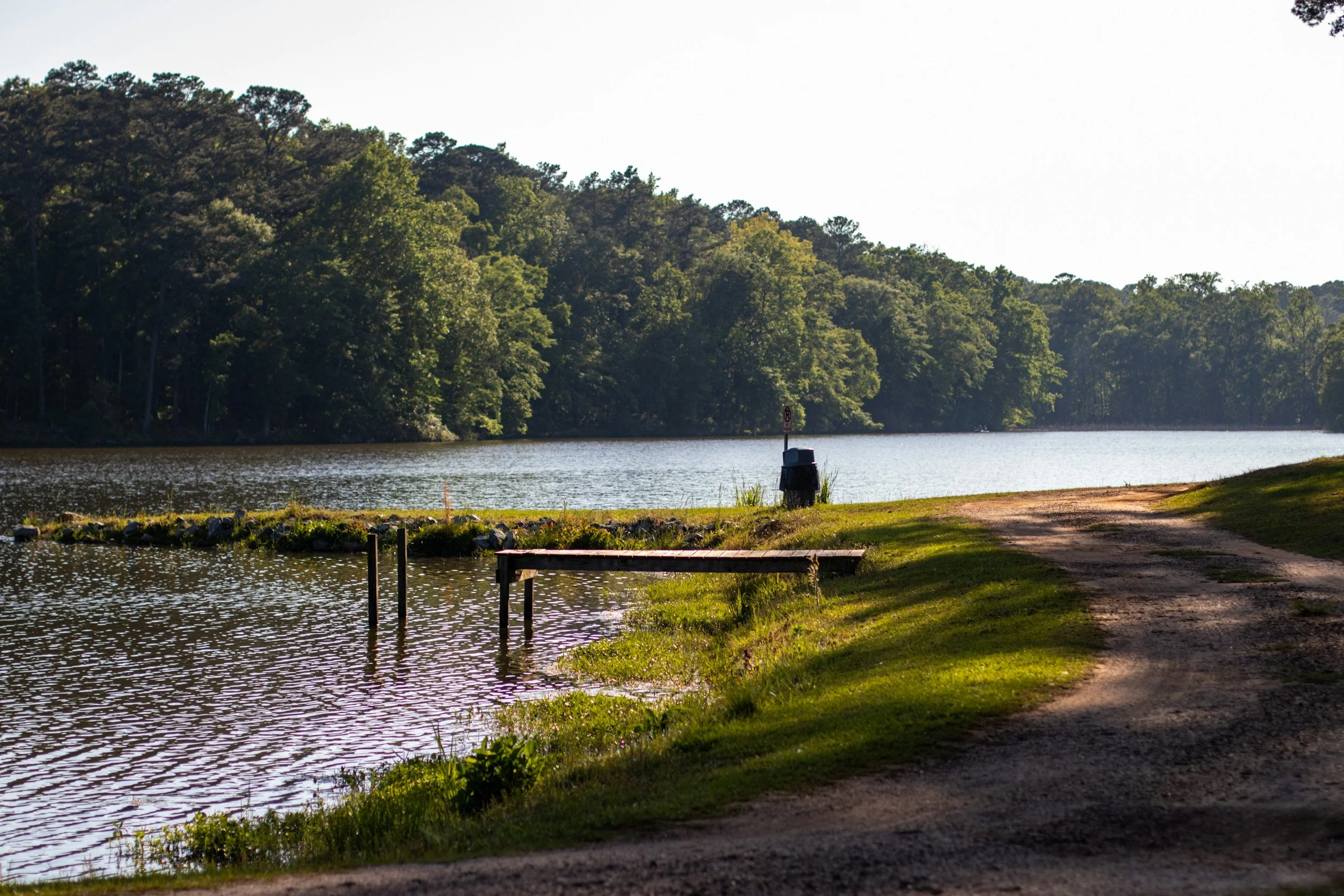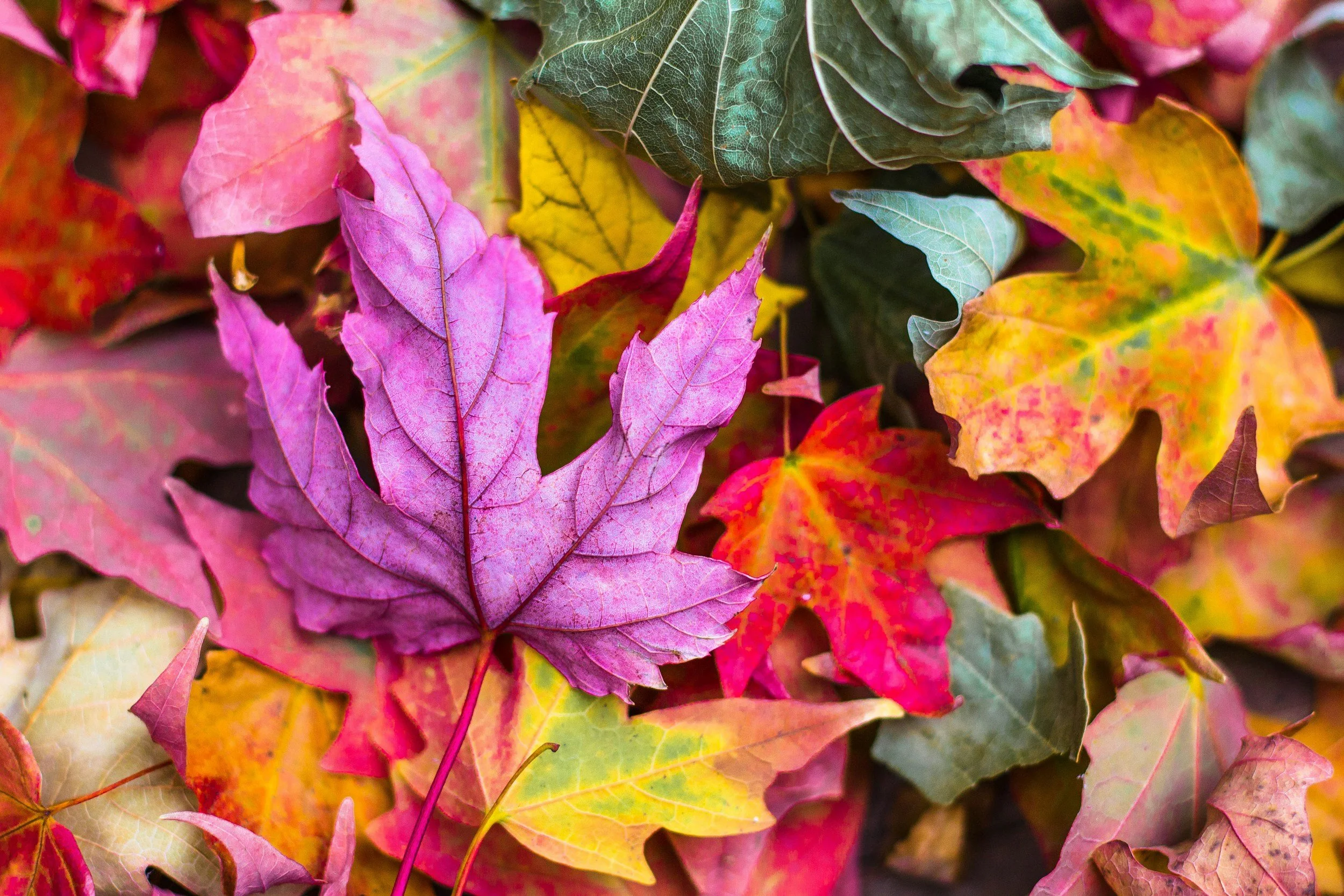Swaddled Together
The night before my mother’s funeral, I assured my niece I wouldn’t cry. “I’ve shed all my tears,” I told her. “I’ve practiced what I’m going to say until I’m dry.” She nodded, clearly skeptical.
As I did yoga at three a.m. on the morning of the funeral, unable to sleep in a strange hotel room without the comfort of my dog pressed up against me, a few more tears found their way to the surface. Not quite as dry as I’d thought.
Four hours after that, I stood outside a Starbucks in downtown Melbourne, impatient for it to open. I was in desperate need of caffeine as I had done the sixteen hour flight between the US and Australia three times in eight days. Though it felt like a different lifetime, it had only been the previous week when my sister had summoned me from America because our mother had had a fall. You need to come now, my sister had instructed. I’ve arranged your flight.
*
When I had answered the summons the previous week, it marked the first time in eight years that my sister and I were both in Australia at the same time. Ours wasn’t an intentional sibling estrangement, just the product of global lives. Decades ago, I had staked out America as my forever home. My sister, Vic, settled in Hong Kong although, as an international pilot, she is a truly global citizen. Our mum, the third in the triumvirate that was my childhood family, remained in Australia, welcoming her girls home with hugs and home cooking whenever our orbits brought us her way. At the sight of us both entering her respite room, Mum patted her chest and muttered, “Oh, my. Oh, my. I can’t believe this,” as she reached out to hold our hands.
My sister flew back to Hong Kong that first night and I stayed four days. Just four days, I would think later, but at the time it felt like the most I could spare. They were an uncomplicated four days, hanging out with Mum. Learning the names of the birds that visited outside her window. Yelling out the answers to game shows on TV (Well, I was yelling. My mother was never one to raise her voice.) Going on painfully slow walks down the hall as Mum learned to navigate the clumsiness of a walker and the pain of broken bones.
“I feel like an old lady,” she complained.
“You are an old lady,” I told her.
Except she wasn’t that old. Only seventy-seven. A social seventy-seven who walked on the beach every day and greeted many of the dogs by name. A resilient seventy-seven who, years earlier, had defied the doctor’s grim prognosis and bounced back from an aortic dissection, valve replacement, and stroke. An unlucky seventy-seven who tripped and fell as she came through her back door, breaking her pelvis in four places and cracking two vertebrae. These breaks, so small they were hard to make out on the x-ray, threatened the delicate equilibrium of my mother’s health. So for the 16 hours it had taken me to cross the Pacific I worried. If this is the end, is there anything I need to say? I thought maybe there was.
*
That first day of the visit, though, when Mum looked so happy, so delighted to see both Vic and myself, I shelved the idea of saying anything. Mum doesn’t look so bad, I thought, inwardly chastising my sister for exaggerating the dire nature of Mum’s situation. It hadn’t been a convenient time to fly halfway across the world. Mum wasn’t going anywhere.
On the second and third days, I didn’t say anything either.
On the final afternoon of our beautiful four days, I looked at my mother lying on top of the bed covers, fully dressed, because to lounge around in pajamas was something my mother would never do. She had looked shocked when I had suggested she not go through the pain and effort of getting changed in the morning.
“I’m not lazy,” she rebuked.
My mother was definitely not lazy. She had worked physical, unglamorous jobs—house cleaner, shop assistant, cafeteria lady—often two at a time, to give my sister and I the best start in life. But now, as I looked at her on that last afternoon, I could see my mother was tired. Exhausted by pain.
“I want to say something serious,” I told her.
She gave me her full attention, as she had for all of my forty-eight years.
“I’m not trying to hurry you off,” I said, worried how this was going to sound. “But there is something I need you to know.”
She nodded again, her blue eyes steady on my face.
“When it’s time,” I faltered, not wanting to say the D word out loud, “when you are ready, I need you to know that Vic and I will be okay. We’ll be sad, beyond sad, but we will be okay. Because your love will swaddle us, always.”
Mum and I held hands as we wept. And then I headed back to the airport.
*
When I stumbled through my front door, more than 8,000 miles later, all I could think about was sleep. I hugged my dog and then my husband, showered, and headed to bed. As I reached to turn out the light I remembered—Mum would be anxiously checking her iPad, waiting for the news that I was safely home.
Home safe, I texted.
Glad to see you, she replied seconds later.
Vic called the next morning. I knew what had happened before I answered. My sister and I never called one another to chat. Moreover, having just seen each other, we would have let a month or two go by, maybe even three, before texting. We stayed in touch by calling Mum, who relayed the other’s news. This phone call could only mean one thing.
“Hey!” I said, feigning cheer, hoping somehow to delay the inevitable.
Her voice broke as she said, “Sister . . .”
Our mother had died while I slept.
*
In the days following her death, I was surprised by the multitude of decisions that needed to be made. Which type of casket? Where to hold the wake? What color flowers? That last one was easy. Mum loved blue and yellow. Harder to decide was whether to view Mum’s body. I decided no. My sister decided yes.
As the cascade of decisions grew overwhelming, my sister took charge and I easily—guiltily— slipped into my childhood role, the little sister who tagged along, waiting to be assigned my task. As the writer in the family, I would give the eulogy. Except the word itself, eulogy, looked and sounded so ugly. So we called it a remembrance.
My memory of the funeral is largely a haze of handshakes and hugs from people I barely remembered and some I had never met. I do know that I got through the remembrance mainly tear-free, as promised. But I collapsed sobbing into my sister’s arms as the service ended. The celebrant’s closing words made everything seem so final.
Days later, as I settled into yet another trans-pacific flight, I watched Melbourne shrink away and wondered if the family of my childhood was gone forever. Without our Mum, our sun, holding us together, would my sister and I simply drift apart, beyond each other’s gravitational pull?
*
On the three month anniversary of Mum’s death, I texted my sister. How are you doing today - 3 months. My text wasn’t entirely out of the blue. In the months since the funeral, we had tentatively explored a new sans-Mum dynamic. We still didn’t call to chat. Time zones are hard to navigate, and phone calls have the potential of awkward silence. But my sister had texted a picture of Tsitsipas serving at the Australian Open, to let me know she was at the match. I turned on my TV in Arizona and tried to find her in the stands. I started sending her pictures of my dog, the pictures I would have sent my mother if she had been alive. My sister replied with videos of her cat. Sometimes I just asked what continent she was on. And when our grief spiked to that level where it feels impossible to breathe, we texted each other blue and yellow hearts. A cipher of anguish and love that only the two of us could understand.
*
I had been right, that final afternoon, when I had assured my mum that Vic and I would be okay. But what I hadn’t known then was that we were going to be okay because our mother, with her profound and eternal love, had swaddled the two of us together.
-J.T. Toman
J. T. Toman's multi-faceted career has ranged from economics professor to zookeeper, although she considers her vocation to be writing. As a writer, she is drawn to the truth, especially the raw truths people seldom utter out loud. Her writing credits include "Punishingly Younger" (Skirt!, June 2009), "Yesterday" (Every Day Fiction, Sept. 2015), and the C.J. Whitmore Mystery Series (Cozy Cat Press; 2013, 2016). Her first children's picture book, "Sunderella," is expected in 2026 (Starfish Bay Publishing).



